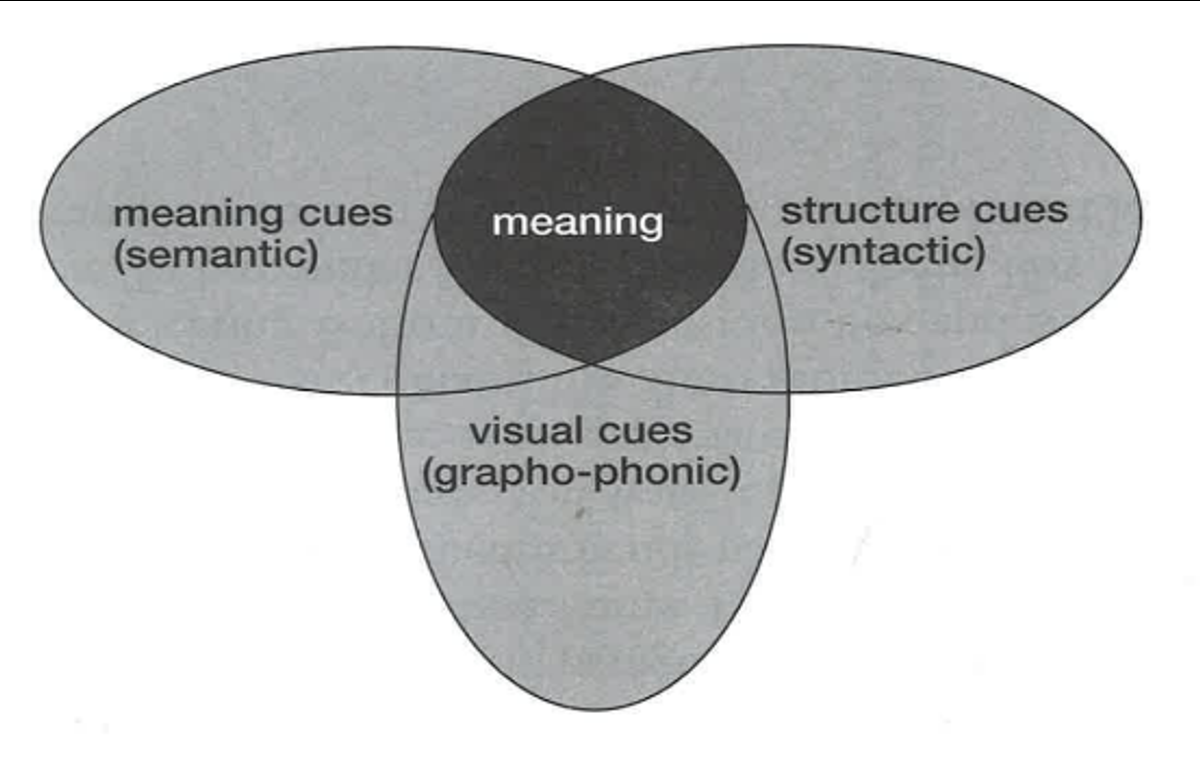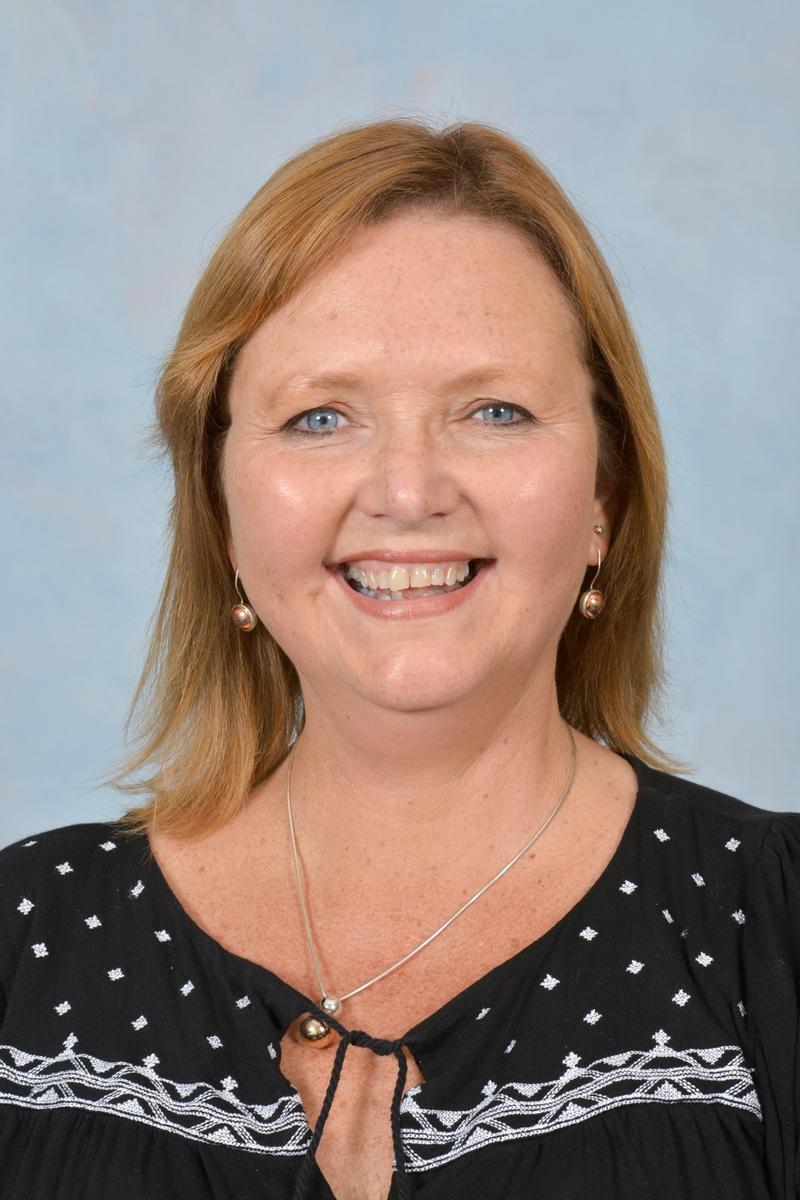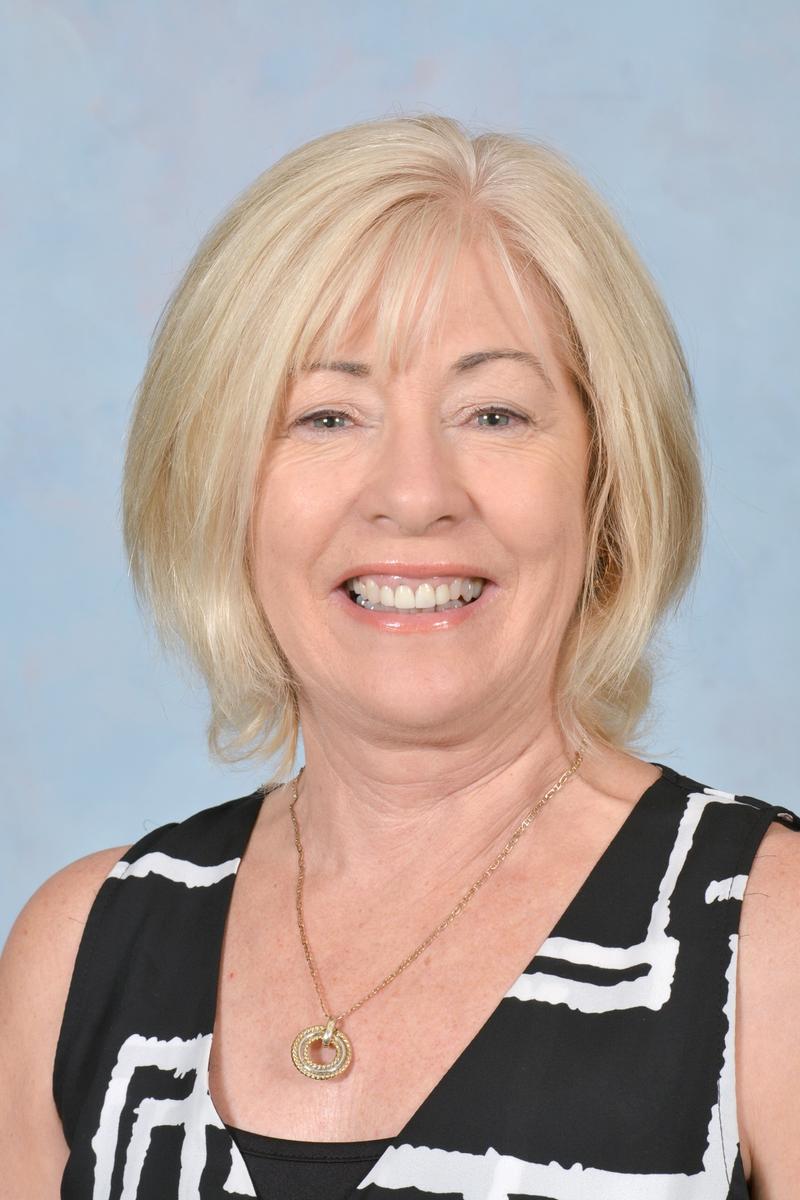Literacy Notes

"There is more treasure in books than in all the pirate's loot on Treasure Island." – Walt Disney
Scaffolding Literacy using quality children’s literature to teach complexity and wonder in writing
One of the main messages from Misty Adinou (Associate Professor – Canberra University), who led the recent staff PD on our curriculum day, was to impress upon our children the power an author has to move us and therefore, the power the children have as authors. I was reminded of this recently when the novel I was reading caused me to gasp out loud at the plight of the main character. There was no way I could put that book down until I found out what happened next! What an enormous power that is! And how wonderful if we can give our children an appreciation of the potential power they have and the tools they need to create their writing pieces.
Misty’s second message was that children will only ever write as well as the language they read, hear or soak up from the texts that are being read to them. In order to begin to use rich language and language structures, the children first need to be exposed to them. And, often.
As she pointed out ‘writing is not talk on paper’. Whilst there are quite a few popular authors who do tend to write as they speak and that is fine, we must still provide a balance between those type of texts and ones which employ more complex book language designed to create imagery, provoke feelings and, hopefully, touch the heart.
Parent Helper Reading Briefing
Assisting the class teachers by hearing children read is invaluable and we thank our volunteers. Last week a Parent Helper Reading session was held for Prep and Year 1 parents. The purpose of the briefing was twofold. Firstly, to highlight the need for confidentiality when working with children. All children can learn but will learn at different rates and have different needs. The privacy of parents, teachers and children must be respected at all times.
The second purpose was to present a brief overview of how we learn to read and some useful prompts to use to encourage children to tune in to particular cues. Successful readers expect text to make sense and use a range of information to form meaning:
- Knowledge of how our language is spoken (syntax or structure).
- Previous experience and understanding of the topic (Semantics or meaning).
- Knowledge of letters and sounds and how they are represented in print (Grapho-phonic or visual information).
Prompts such as ‘What word would make sense? What word would sound right? What does it start with?’ are useful and constructive questions when a child is trying to de-code print.
Always remember the 3 Ps – Pause (allow time for the child to attempt the word), Prompt and Praise.
Yours in Literacy
Jo Taylor & Tania Purton
Literacy Coordinators




